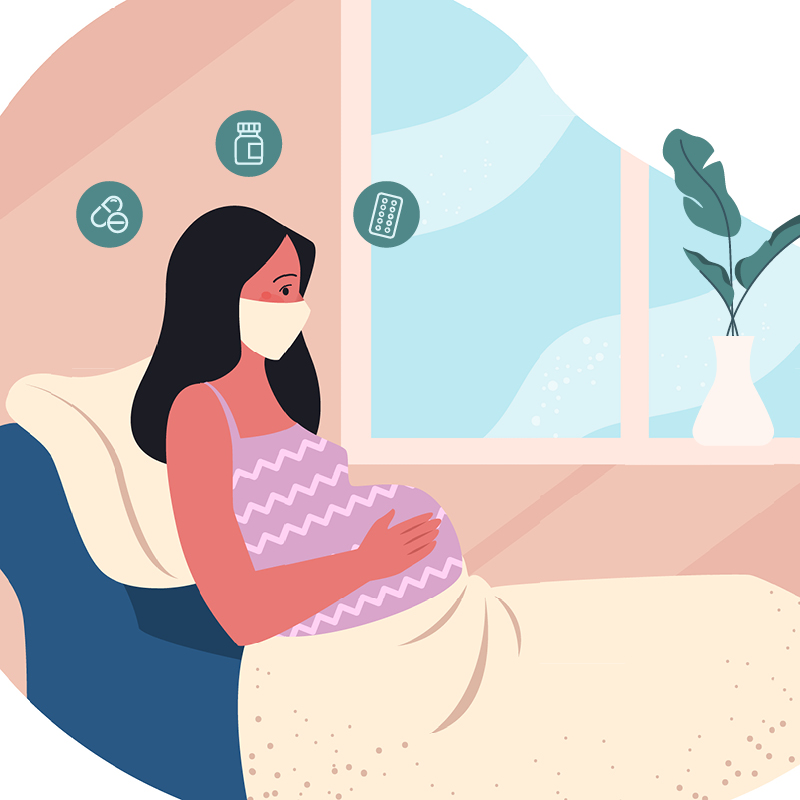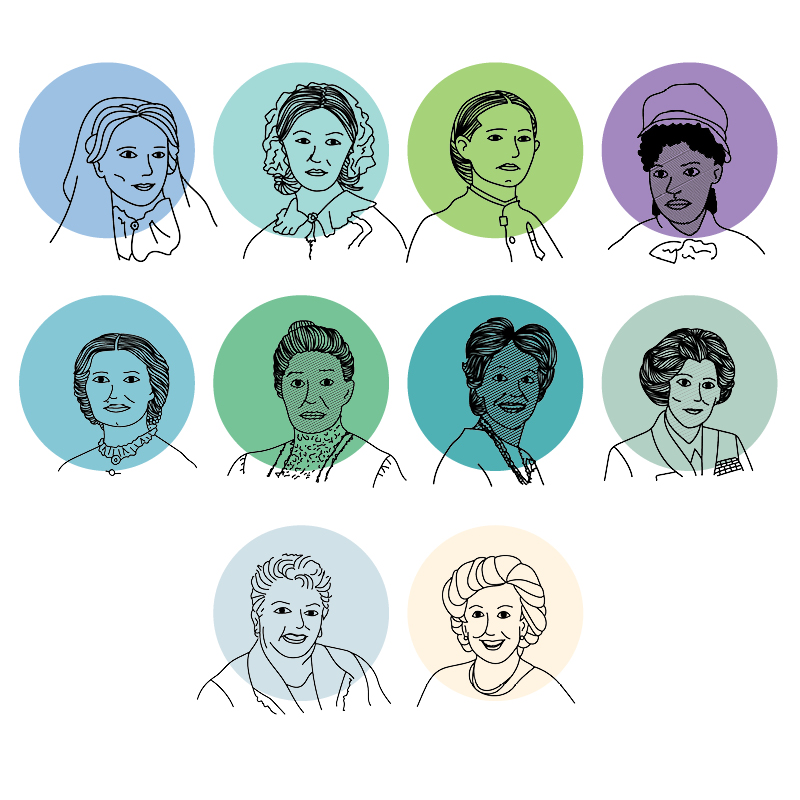Irritable bowel syndrome (IBS) affects millions of people in the U.S., more often women than men. While this condition can be uncomfortable and frustrating to deal with, our providers at Rochester Regional Health work with patients to find a treatment that helps to reduce or even resolve their symptoms.
Dasha Moza, MD, is a gastroenterologist with Rochester Regional Health and regularly treats women with IBS and other gastrointestinal disorders.
What is IBS?
Irritable bowel syndrome (IBS) is a disorder that affects a patient’s gastrointestinal system and is characterized by recurrent abdominal pain, bloating, diarrhea, constipation or a mixture of all of these symptoms.
While these symptoms can last for long periods of time, IBS is not associated with any long-term complications or diseases, such as cancer.
Researchers have examined patients using endoscopies, bloodwork, stool tests, abdominal imaging and other methods, but not yet determined an organic cause of IBS.
Potential risk factors for IBS
Many in the healthcare community, including the International Foundation for Gastrointestinal Disorders, acknowledge that IBS is more common in women than men. The exact reason is not known, but there are some correlations that may explain the increased risk.
Higher levels of estrogen and progesterone are one potential link between women and IBS. These hormones tend to slow down gut motility and can predispose women to more pain and altered bowel movements.
Menstrual cycles and endometriosis can cause women to exhibit symptoms similar to IBS, as well. Studies have found that more 50 percent of patients seeing a gynecologist for lower abdominal pain have IBS.
Pregnancy also increases the prevalence of GI symptoms. Changes in hormones and the physical pressure of the baby pushing on the bowel wall may both contribute to GI symptoms. Research has shown that nearly a third of pregnant women experience increased constipation, particularly during the last trimester.
Stress and anxiety may also pose an increased risk of IBS. As levels of stress and/or anxiety rise, that may manifest through IBS-related symptoms.
Women also have slower gastrointestinal (GI) transit compared to men, meaning the time needed for food/content to move through the digestive tract takes longer in women.
Symptoms of IBS
For both men and women, symptoms of IBS vary but are similar across the board. They include:
- Recurrent abdominal pain associated with bowel movements
- At least 1 day per week for the last 3 months
- Pain associated with stool consistency or frequency
- Diarrhea
- Constipation
- Bloating
Studies suggest women tend to experience more IBS with constipation, while men tend to experience more IBS with diarrhea.
Providers will perform tests (stool or blood) to rule out other potential conditions such as inflammatory bowel disease or celiac disease.
Treatment to reduce IBS symptoms
No two patients with IBS are the same; each patient is treated individually. Providers have a variety of treatment options at their disposal and tailor each patient’s course of treatment to determine what is most effective for them.
“Patients and providers alike should keep an open mind when having conversations about IBS,” Dr. Moza said. “Assume that each of you has the ultimate goal of helping the other. It’s the best approach for everyone involved.”
Providers may try some of these options to treat IBS in a patient:
Fiber
Using psyllium fiber or other soluble fibers can help to regulate a person’s bowel movements.
Diet
Providers will have patients adopt a low-FODMAP diet to help with symptoms. FODMAP stands for fermentable oligosaccharides, disaccharides, monosaccharides, and polyols – which are carbohydrates and sugars that are not easily broken down and absorbed by the small intestine. FODMAPs can range from certain fruits, vegetables, legumes to cereals, grains, and bread.
Prescription medications
These are prescribed to patients after a combination of fiber and diet does not yield any change. Drugs such as eluxadoline for diarrhea-related IBS and linaclotide for constipation-related IBS can help.
Peppermint oil
Using peppermint oil can help to reduce bloating and overall IBS symptoms.
Certain anti-depressants
The use of nortriptyline or amitriptyline has been shown to reduce bloating and abdominal pain for some patients. These medications are safe to use while under monitoring by physicians.
Journaling
Writing down what foods a patient is eating can help to determine if something may be triggering IBS symptoms. Traditional journaling about experiences of stress or anxiety can also help to determine if a person may need to be referred to a specialist for cognitive behavioral therapy (CBT) or hypnotherapy.
“The most important thing is a willingness to work with your physician and try different treatments to see what works best for you,” Dr. Moza said. “That may require a lot of patience. But IBS is something that can be controlled. With the right course of treatment, you can lead a normal life and not be overwhelmed by your symptoms.”









